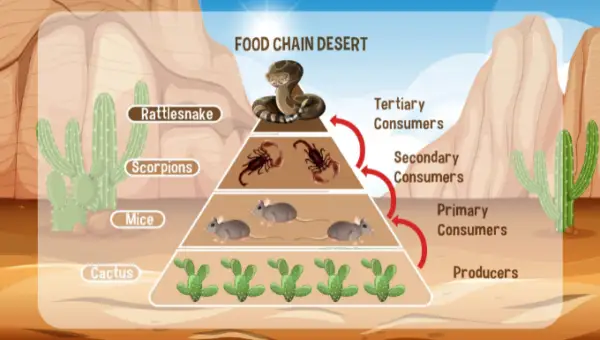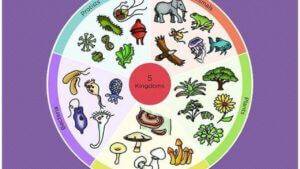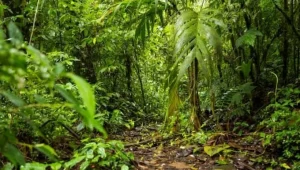Desert Food Chain and Food Web
The desert is one of the most barren biomes on Earth. The desert may appear devoid of life with the scorching heat, scarce water, and limited vegetation. The desert food chain and food web show how organisms adapt to survive … Read more






